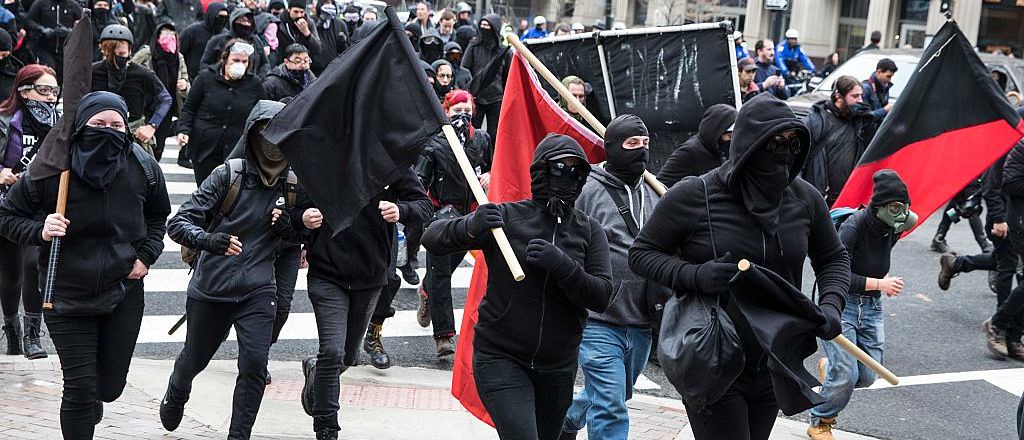Marxism and Anarchism
 Anarchism poses some of the most important and fundamental questions for revolutionaries. These questions are concerned with power: what is it? Is it necessary? Is it legitimate? And does it inevitably corrupt those who wield it?
Anarchism poses some of the most important and fundamental questions for revolutionaries. These questions are concerned with power: what is it? Is it necessary? Is it legitimate? And does it inevitably corrupt those who wield it?
At first glance the notion that ‘all power corrupts, and absolute power corrupts absolutely’, seems thoroughly convincing. However, Marxism is a science, and science must look deeper. We fully agree with anarchists that a truly free, socialist society would be one without oppression, abuses of power and a state. We, like the anarchists, fight for the realisation of just such a society, one that provides genuine human freedom. But Marxism shows its superiority over anarchism in seeking a scientific, historical explanation for the horrors of class society. Marxists understand that society changes over time. There is nothing eternal or fixed about features such as class inequality, sexual oppression, racism, greed and the state.
Marxists understand that power is not the source of all evil. Instead, state power for instance came into history to serve a specific purpose: to protect private property. It is nothing but a tool in the hands of the given ruling class to oppress and hold down the exploited classes. So long as such opposed classes exist, it will be impossible for these classes to jointly and fairly run society, as it is impossible for a business owner to allow his or her workers to run the business.
The defeat of one class by another can only be accomplished by means of political struggle. To bring about a socialist society, it is the working class that must defeat the capitalist class. To do so, it needs its own political weapons: a workers’ state and structures of leadership. Without these, any socialist revolution is bound to be destroyed by counter-revolution.
